
Toni Harman – THE INFANT MICROBIOME & EPIGENETICS
Salepage : Toni Harman – THE INFANT MICROBIOME & EPIGENETICS
Archive : Toni Harman – THE INFANT MICROBIOME & EPIGENETICS Digital Download
Delivery : Digital Download Immediately
Description
ONLINE COURSE IN INFANT MICROBIOME AND EPIGENETICS MICROBIRTH. Learn from the best academics. IBLCE, ACNM, ACM, MEAC, NMC, LAMAZE, ICEA, CAPPA, DONA approved 9 HOURS CPD / CE / CERPs
“This is without a doubt one of the MOST fascinating presentations I’ve heard in a few decades.”
Susan Small, MSN, APRN, NNP-BC, and IBCLC, Putnam, Connecticut, USA
“The presentation, the progression of each stage, the language – straightforward and easy-to-understand, the repetition, the mix of video, PDFs, and downloads make this an OUTSTANDING course. I feel more knowledgable, helpful/supportive, and motivated to learn more, offer more, and assist more.”
– Doula Roxane Provence Thompson, Mill Valley, California, USA
“I strongly suggest this course for Dietitians dealing with women, either antenatally or postnatally, supporting breastfeeding, baby feeding, and childhood nutrition, but the topic of the Microbiome and Epigenetics is an essential area in the promotion of health and nutrition for all.”
– Carine Henry RD, Paediatric Specialist, Consultant Dietitian, Freelance, UK
EPIGENETICS AND THE INFANT MICROBIOME
(ONLINE MICROBIRTH COURSE)
$80 USD / $105 AUD / $107 CAD / $125 NZD
GBP £66 / EURO 73 / ZAR 1223 + VAT
This is a one-time transaction. There are no ongoing costs.
Purchase grants you three years of access to the course!
When re-certification is required, 9 HOURS CPD / CE / CNEs and 9 CERPs (4L & 5R) can be claimed.
The regular fee for this course is USD $247, but we want to make this essential information accessible to everyone, therefore we have reduced the price to USD $80 for a short time only.
Group Reservations
When purchasing for a group, the purchaser will be issued access codes to distribute to all members of the group.
Each member of the group will use the access code to create their own account. Each participant receives CPD/CEU credits upon completion of the course.
Please CONTACT US for a customised price for bigger groups of more than 10 individuals, such as schools, colleges, institutions, or organizations.
EPIGENETICS AND THE INFANT MICROBIOME
(ONLINE MICROBIRTH COURSE 9 x 60 MIN)
For medical professionals
Making YOU more comfortable with the baby microbiota.
Helping YOU help parents – making an educated decision.
Educating YOU on the evidence that strongly supports:
– vaginal delivery
– direct skin-to-skin contact
– Breastfeeding exclusively
For the greatest possible long-term health and development of the baby immune system
Evidence-based, simple-to-understand, and self-paced
You may complete the course at your own speed, taking days, weeks, months, or up to three years!
Learn from 11 renowned professors and two lactation specialists.
9 CPD HOURS / CE / CNE and 9 CERPs (4L & 5R) credits have been approved.
Handouts and a Certificate of Completion are available for download.
The growing newborn microbiota and epigenetics are discussed throughout conception, pregnancy, vaginal delivery, C-section, nursing, and formula feeding.
Epigenetics and the Infant Microbiome
(Microbirth Online Course, 9 x 60-Minutes)
Featuring 11 distinguished academicians and two lactation specialists
MARTIN BLASER, Muriel G. and George W. Singer Professor of Translational Medicine at New York University Langone Medical Center, and author of Missing Microbes
MARIA GLORIA DOMINGUEZ-BELLO, Henry Rutgers Professor of Microbiome and Health, Biochemistry and Microbiology Department, and Anthropology Department, Rutgers, The State University of New Jersey
RODNEY DIETERT, Cornell University Emeritus Professor of Immunotoxicology and author of The Human Superorganism
GREGOR REID, University of Western Ontario Professor of Surgery, Microbiology, and Immunology, and Director of the Canadian Centre for Human Microbiome and Probiotic Research, Lawson Health Research Institute
ANITA KOZYRSKYJ, Professor of Pediatrics at the University of Alberta
Vernice D Ferguson Professor of Health Equity at New York University, JACQUELYN TAYLOR
SUE CARTER, Kinsey Institute Executive Director and Rudy Professor of Biology at Indiana University
Associate Professor at the University of Illinois at Chicago, ALEECA BELL
LESLEY PAGE, King’s College London Visiting Professor of Midwifery
HANNAH DAHLEN, Western Sydney University Professor of Midwifery
Emeritus Professor of Obstetrics at Imperial College London, PHILIP STEER
Milk Matters: Infant Feeding and Immune Disorder, by MAUREEN MINCHIN
IBCLC LAUREL WILSON, Author and International Breastfeeding Speaker
9 Continuing Education credits have been approved:
If you are a midwife (LM, CPM, CM, CNM), lactation consultant, nurse, doula, birthing educator, breastfeeding professional, or other health professional, 9 HOURS CPD / CE / CERPs / CNEs can be utilized for certification / recertification.
Midwifery, nursing, doula, and birthing education organizations accept the following CE credits: IBLCE, AMCB for CMP, ACM, CCI, ICEA, DONA International, CAPPA, and as CE Credits by Lamaze Certified Childbirth Educators, and as nursing CNE credits by several state boards.
American College of Nurse-Midwives (ACNM) #2019/012 CONTACT HOURS
9 CONTINUING EDUCATION HOURS – Australian College of Midwives (ACM)
Midwifery Educational Accreditation Council (MEAC) Program No. M1819-62-0621DE 9 HOURS / 0.9 CEUs
9 CERPs – International Board of Lactation Consultant Examiners (IBLCE) CERPS Registry No. 320017K
LAMAZE CONTACT HOURS – Lamaze International LIN 9.0 18-20. These hours can be used to recertify as an LCCE instructor under learning competencies 1, 3, 5, and 6.
9.0 CONTACT HOURS – International Childbirth Education Association accepted (ICEA)
LIN 18-20
The Midwifery Council has approved 9 HOURS of continuing education (for midwives of New Zealand).
The Midwifery Council (New Zealand) has approved this course for 9 hours of continuing midwifery education. Alto Films Limited The approval number is 2018CME038E.
This course can be used towards 9 HOURS CPD for the Nursing and Midwifery Council’s revalidation (NMC)
CAPPA, DONA International, and other doula / birthing education organizations recognize the 9 CONTACT HOURS authorized by Lamaze International as 9 Contact Hours (please check – your own organisation).
The American College of Nurse-Midwives (ACNM) is a CNE provider approved by the American College of Nurse-Midwives. This indicates that many state boards accept 9 Contact Hours (ACNM) for Nursing CNEs, however please confirm with your state board / provider.
The Midwifery Education & Accreditation Council has approved this program for 9 HOURS / 0.9 Midwifery CEU credits (Program No. M1819-62-0621DE). These 9 HOURS / 0.9 Midwifery CEUs are valid for recertifying Certified Professional Midwives through the North American Registry of Midwives (NARM).
The Academy of Lactation Policy and Practice has approved this course for 5 HOURS of CLC recertification credit (ALPP).
Additional Information on Continuing Education
– American College of Nurse-Midwives (ACNM) Approval No. #2019/012 for 9 CONTACT HOURS.
– ACNM is a registered supplier of Nursing CNEs.
– Many state boards recognize 9 CONTACT HOURS (ACNM) as Continuing Nursing Education CNEs (please check – your own state board).
– 9 CONTACT HOURS (ACNM) can be utilized by Nurse-Midwives, Certified Midwives, Registered Nurses, doulas, and birthing education providers for certification / recertification.
– The Competency and Credentialing Institute (CCI) accepts 9 CONTACT HOURS (ACNM) for CNOR and CRNFA recertification.
– The American Midwifery Certification Board accepts 9 CONTACT HOURS certified by ACNM as part of the Certificate Maintenance Program (CMP) (AMCB). The AMCB has a five-year certification cycle. That is, if you pass in 2019, you will have five years until 2024 to complete the certification cycle requirements, which include completing 20 Contact Hours (2.0 CEUs)
– 9 HOURS / 0.9 Midwifery continuing education units (CEUs) approved by the Midwifery Educational Accreditation Council (MEAC) can be applied to Certified Professional Midwives registered with the North American Registry of Midwives (NARM), and can also be used for recertification and general career development by midwives and other healthcare providers.
– Lamaze International has authorized this program for 9.0 Lamaze Contact Hours (LIN 18-20). These hours can be used to recertify as an LCCE instructor under learning competencies 1, 3, 5, and 6.
– The International Childbirth Education Association accepts 9 Lamaze Contact Hours (LIN 18-20) as 9 Contact Hours.
– The 9 Lamaze Contact Hours (LIN 18-20) are also accepted by CAPPA, DONA International and other doula organisations.
– This course can be used as 9 HOURS CPD for revalidation by the Nursing and Midwifery Council (NMC)
– 9 CERPs (4 L-CERPs and 5 R-CERPs) #320017K approved by International Board of Lactation Consultant Exminers can be used for recertification for Lactation Consultants (IBCLC). Five years after most recently passing the IBLCE certification exam, IBCLCs may renew their certification by demonstrating completion of 75 hours of continuing education that has been approved for CERPs. Of these, at least 50 must be L-CERPs. IBCLCs recertifying by CERPs may use up to 20 R-CERPs to complete recertification requirements.
– This course has been approved as continuing midwifery education by the Midwifery Council (New Zealand) for 9 hours. Alto Films Ltd Approval Number: 2018CME038E
– This course is an Australian College of Midwives (ACM) CPD Recognised Activity and has been approved for 9 CPD Hours. Australian Midwives and Nurses are required to collect 20 hours of Continuing Professional Development (CPD) each year, so this course will provide 9 CPD Hours out of those 20 CPD Hours. If required for auditing, the course certificate will provide date and number of CPD Hours. If required for auditing, a brief description of objectives are listed at the start of each course session.
– Accepted as 5 HOURS for CLC recertification purposes by the Academy of Lactation Policy and Practice (ALPP).
What do students think of the course?
“A brilliant resource for midwives”
“Excellent…..have already recommended it!!!!!”
“Very happy – the value for the price and excited about the information. Scientifically ground breaking, but not difficult to understand”
“I like how the line up evolved from beginning to end. It really made sense to me”
“Loved the setup – the videos, objectives, test etc. Very easy to absorb information”
“This is one of the best online courses I have taken. I loved the interviews and the summaries”
“As a midwife and IBCLC, I found the info on the microbiome and the Lactobacilli in the bowel and vagina fascinating”
“I want to blast this information to my entire community! Love it”
“Really well done, fun, interesting, insightful”
“Fantastic education resource, poses some interesting questions around the potential impacts of what we do now throughout the birth process and the effects on women and future generations”
“It was very logical and easy to follow. It was an interesting perspective of the importance of birth and breastfeeding in creating our individual microbiome, equipping our immune system and preparing us to survive and thrive in the environment we are born into”
Course Curriculum
-
Start
Hello and welcome
-
Start
Course instructions
-
Start
How does the course work?
-
Start
Summary of Contents
-
Start
List of professors and lactation experts
-
Start
Speaker Disclosure & Conflict of Interest Declaration Forms
-
Start
Notes on copyright, gender and spelling
-
Start
Legal Disclaimer 1
-
Start
Legal Disclaimer 2
-
Start
JOIN OUR PRIVATE FACEBOOK GROUP
-
Preview
1. Session One – Objectives
-
Preview
2. VIDEO: Introduction to the science of childbirth (2:53)
-
Preview
3. Explanation of the human microbiome
-
Preview
4. VIDEO: What is the microbiome? (5:42)
-
Preview
5. Microbiome and human health
-
Start
6. VIDEO: Connection between the microbiome and human health (5:51)
-
Start
7. How humans are impacting the microbiome
-
Start
8. VIDEO: Concerns for the future (4:34)
-
Start
9. To safeguard human health
-
Start
10. VIDEO: Potential importance of microbes during conception (1:56)
-
Start
11. Session One – Downloads
-
Start
12. Session One – Test
-
Start
13. Session One: Discussion Forum and Reflection on Learning





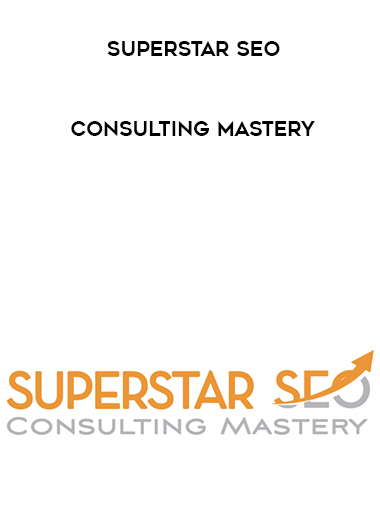
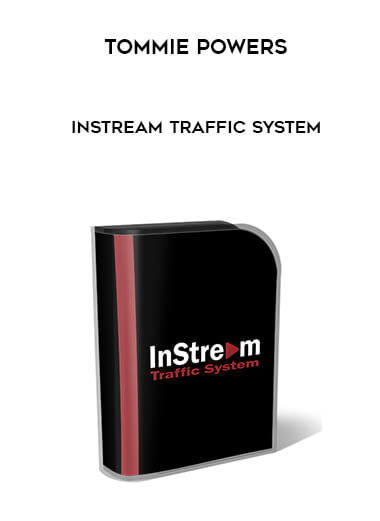
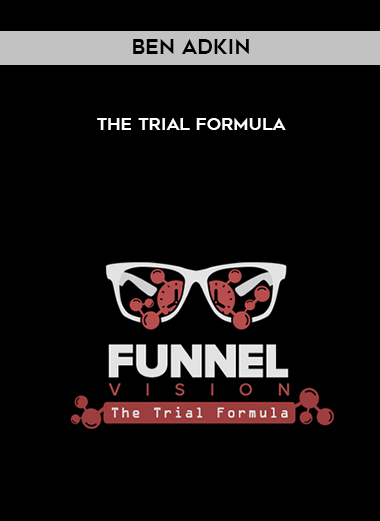
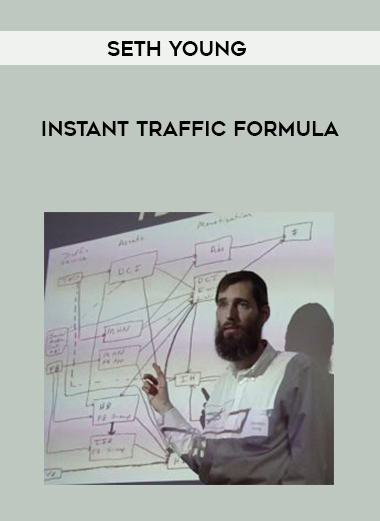
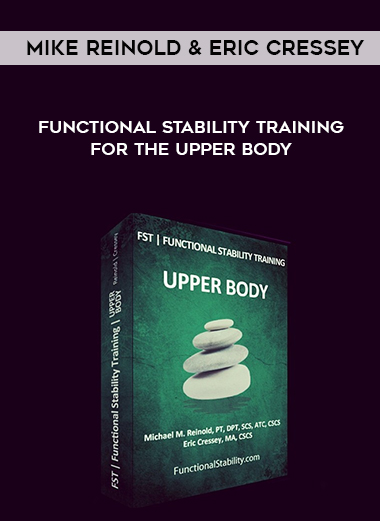
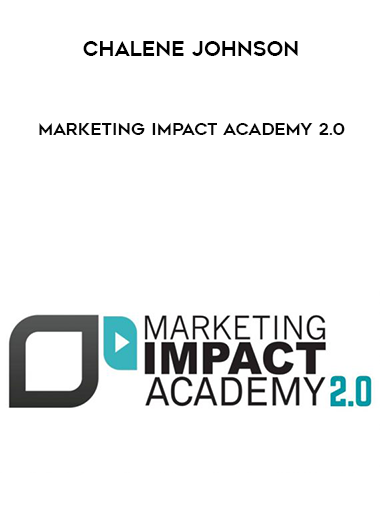
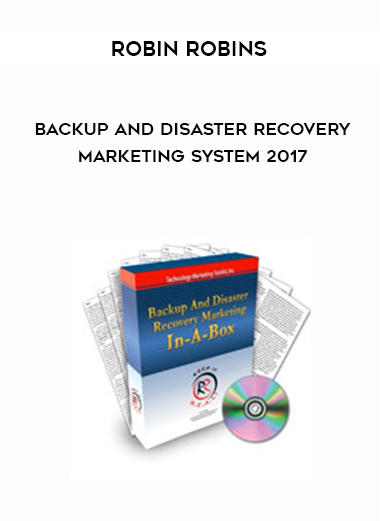


Reviews
There are no reviews yet.